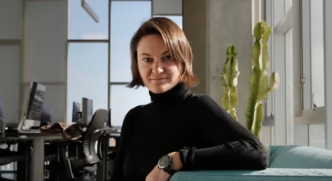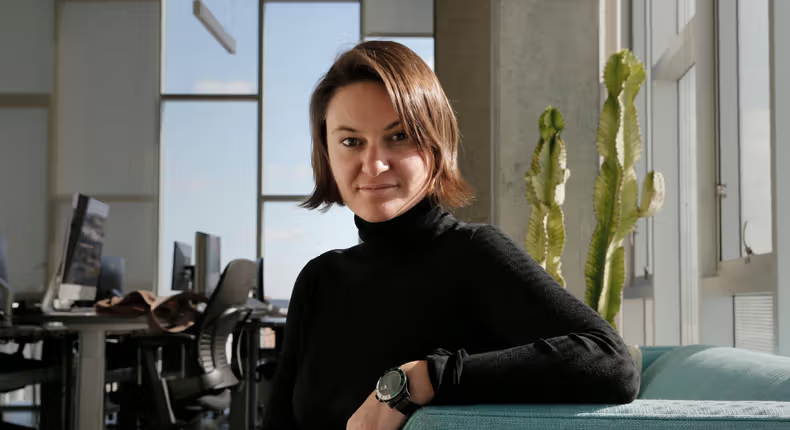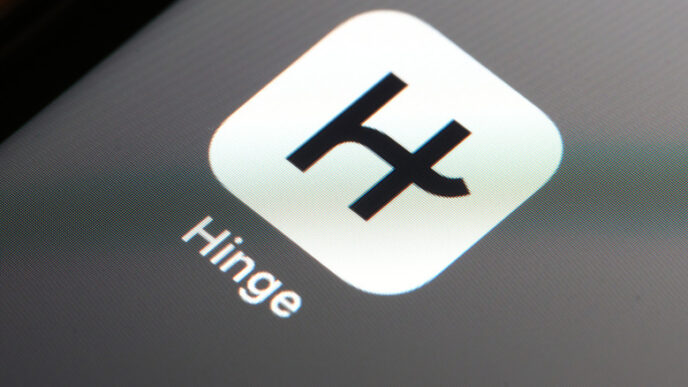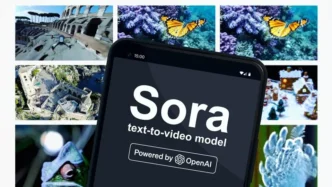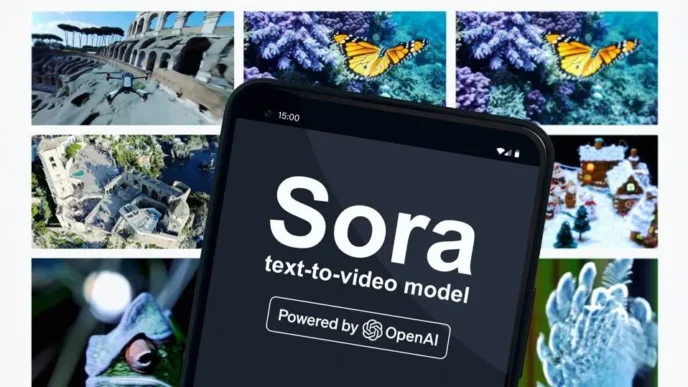Eugenia Kuyda, best known as the visionary behind the viral AI companion Replika, is back with a bold new venture that could redefine how people build and share software. Her latest creation, Wabi app, aims to become the YouTube for apps, a social platform where anyone can use simple prompts to create mini-apps instantly and share them with the world.
Kuyda, who founded Replika in 2017, long before ChatGPT made conversational AI mainstream, believes this next wave of consumer AI will make personalized software accessible to everyone. With over 35 million Replika users today, her track record for spotting early consumer trends is hard to ignore.
Launched in beta last month, Wabi app is positioning itself at the heart of the “vibe-coding” movement, where software creation feels more like expression than engineering.
Wabi recently closed a $20 million pre-seed funding round led by an impressive lineup of angels, including AngelList’s Naval Ravikant, Y Combinator CEO Garry Tan, Twitch co-founder Justin Kan, Notion’s Akshay Kothari, Replit’s Amjad Masad, Neuralink’s DJ Seo, and Conviction founder Sarah Guo.
Andreessen Horowitz general partner Anish Acharya, one of Wabi’s early backers, said Kuyda’s instinct for predicting what consumers will want “has proven right before, and she’s doing it again.”
Unlike traditional no-code tools or app builders, the Wabi app bundles everything into one place: creation, discovery, and hosting. Users can type a short prompt like “build me an AI therapy app,” and within seconds, Wabi generates a working prototype, complete with icons, database, and interface. No coding knowledge or prompt-engineering skills required.
Kuyda described the idea as “a way for everyday people, not just developers, to turn their ideas into living, shareable apps.” She says even those far removed from tech can create useful tools for their daily lives.
What sets Wabi app apart is its community layer. In recent beta updates, users can like, remix, and comment on each other’s creations, explore trending mini-apps, and check profiles to see what others have built. Kuyda believes this “social fabric” is critical to keeping creativity alive.
“We wanted to make app creation feel like a conversation, collaborative, fun, and alive,” she explained. “When you can remix someone’s idea and make it your own, that’s when real discovery happens.”
The startup plans to roll out personalized onboarding soon, offering automatic starter apps based on user interests. Its Explore page already features popular and recent creations, which Kuyda says will soon be driven by algorithms similar to recommendation feeds on social networks.
Early testers on X (formerly Twitter) have been buzzing about Wabi’s simplicity. Founders, designers, and AI enthusiasts are sharing the quirky apps they’ve built, from daily dog-fact generators to custom news feeds. Even Google DeepMind’s Logan Kilpatrick has praised Wabi for making app creation effortless.
While creating an app is quick, maintaining one still takes curiosity. Some beta users reported small bugs, like repeated images or outdated content, reminding everyone that these mini-apps still follow a familiar development cycle: build, test, fix. Kuyda admits the product is in early days and says much of the funding will go into expanding Wabi’s product and engineering team to improve stability and polish.
Interestingly, users can also select their AI foundation model (like ChatGPT or Gemini) within settings, giving them creative control over how each app behaves, a feature rare among no-code AI platforms.
Kuyda insists that Wabi app won’t rely on ads, staying true to her Replika philosophy of prioritizing user experience over ad revenue. “Ads create dark patterns,” she said. “I want Wabi to feel delightful, not manipulative.”
Until monetization kicks in, part of the new funding will subsidize operations and AI usage. But investors see a clear path to revenue once the network effect kicks in, where communities, creators, and curiosity feed into each other.
Andreessen Horowitz’s Acharya believes Wabi represents a new form of “disposable software”, quick, playful creations people can build and share as easily as posting a video. He compared the platform’s potential trajectory to early YouTube, which started with amateur clips before evolving into professional content. The difference? Software compounds in value, unlike videos that fade over time.
“It’s strange that the internet runs on software, yet so few people have ever built any,” Acharya said. “Wabi could change that by turning software into a universal medium of expression.”
Kuyda envisions a future where Wabi app brings back the raw, experimental spirit of the early web, before algorithms standardized everything. “The internet has become too uniform,” she said. “Everyone’s using the same apps, the same feeds. Wabi brings back that punk, creative energy where you can make something weird, personal, and alive.”
